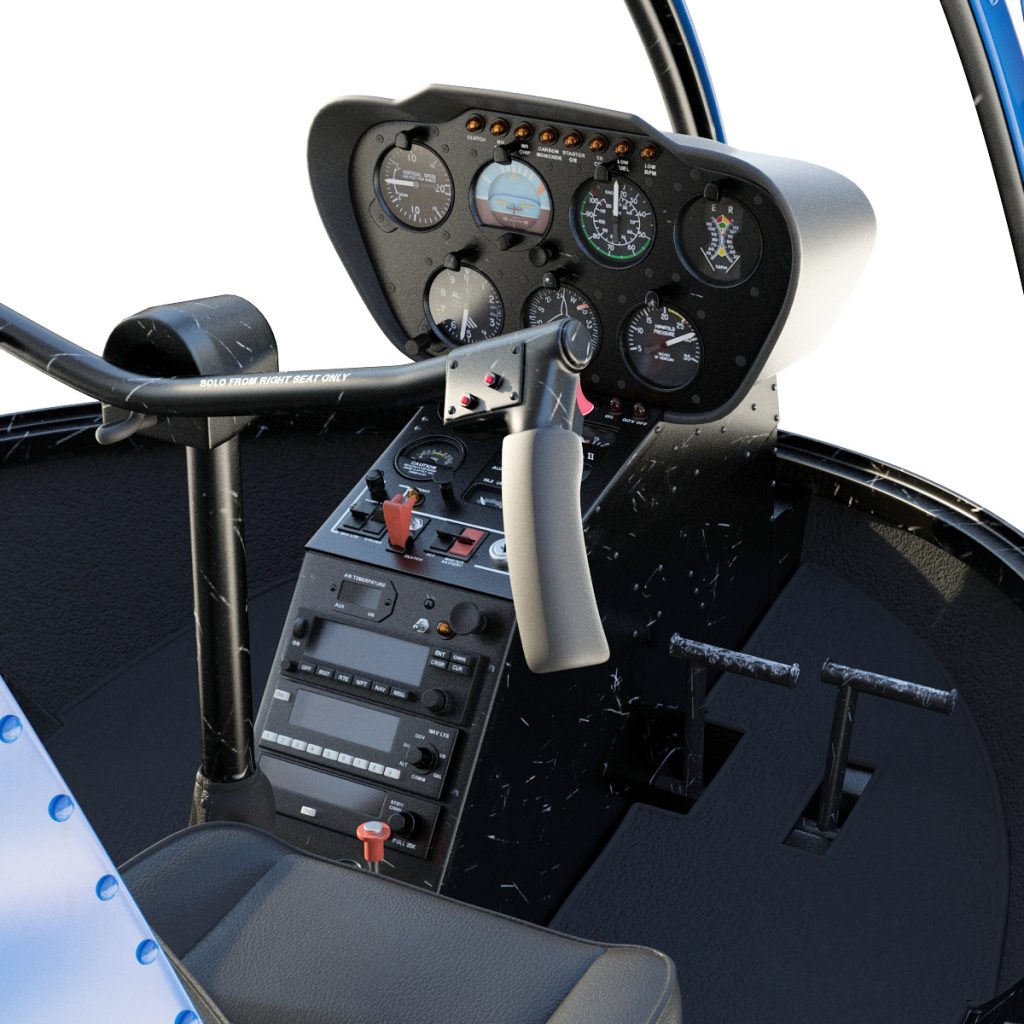Preparing for the Helicopter Private Pilot License (PPL) exam can be a demanding journey that requires effective study strategies to ensure success. Among various methods, spaced repetition has emerged as a powerful technique to enhance learning retention and exam performance. By systematically reviewing material over increasing intervals, aspiring pilots can solidify their knowledge, reduce forgetting, and approach their exams with greater confidence. This article explores how to leverage spaced repetition techniques to optimize your study plan and achieve PPL exam success.
Understanding Spaced Repetition and Its Benefits for Pilot Training
Spaced repetition is a learning approach that involves reviewing information at strategically increasing intervals to reinforce memory and combat forgetfulness. Unlike cramming, which offers short-term gains, spaced repetition helps transfer knowledge into long-term memory, making it particularly effective for complex subjects like aviation theory, regulations, and aerodynamics. For helicopter PPL training, this method ensures that critical concepts are consistently revisited, leading to better retention of procedural knowledge, safety protocols, and navigation skills. The benefits of implementing spaced repetition include more efficient study sessions, reduced study fatigue, and a higher likelihood of recalling information accurately during both written exams and practical assessments.
Implementing Effective Spaced Repetition Strategies in Study Plans
To incorporate spaced repetition into your study routine, start by breaking down the syllabus into manageable topics and creating a schedule that revisits each area at increasing intervals—initially after a day, then several days, weeks, and months. Prioritize difficult subjects or areas where you feel less confident by reviewing them more frequently. Use active recall techniques such as self-quizzing or teaching concepts aloud to deepen understanding during each session. Additionally, integrating regular review sessions into your daily or weekly study plan ensures consistent reinforcement. Flexibility is key; adapt your schedule based on progress and areas needing extra attention to maintain an effective and sustainable study rhythm.
Tools and Resources to Enhance Spaced Repetition for PPL Exams
Numerous tools and resources can facilitate the implementation of spaced repetition in your study process. Digital flashcard apps like Anki, Quizlet, or Brainscape allow users to create custom decks and automatically schedule reviews based on spaced repetition algorithms. These platforms often include multimedia capabilities, enabling the incorporation of images, diagrams, and audio, which can be especially helpful for aviation topics. Additionally, online courses, mobile apps, and aviation-specific question banks often integrate spaced repetition features, making it easier to track progress and ensure comprehensive coverage of exam material. Utilizing these resources can make your study sessions more interactive, organized, and aligned with proven learning techniques.
Tracking Progress and Adjusting Repetition Schedules for Optimal Results
Monitoring your progress is essential to maximize the benefits of spaced repetition. Regularly assess your performance through practice exams, quizzes, or self-testing to identify strengths and weaknesses. Based on your results, adjust your review schedule—spending more time on challenging topics and reducing repetitions for areas where you demonstrate proficiency. Many digital tools automatically track your review history and success rates, providing valuable insights to refine your study plan. Flexibility in your schedule allows you to respond to your evolving understanding, ensuring that your study efforts remain targeted and efficient. Consistent evaluation and adaptation are key to achieving mastery and passing the PPL exam with confidence.
Incorporating spaced repetition techniques into your helicopter PPL exam preparation can significantly improve your retention, understanding, and overall confidence. By understanding the principles, implementing strategic study plans, utilizing effective tools, and continuously monitoring your progress, you can optimize your learning process. With disciplined application of these methods, aspiring pilots can approach their exams well-prepared and ready to take the next step in their aviation careers.


